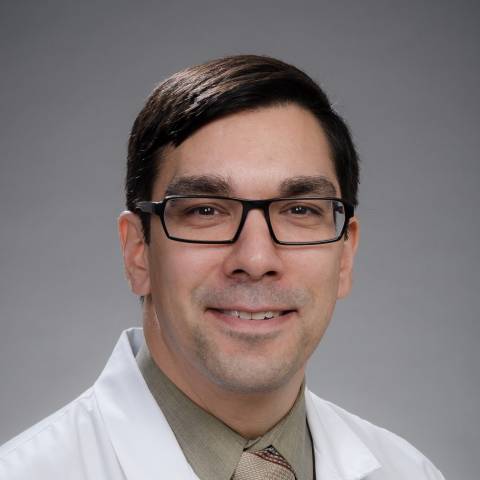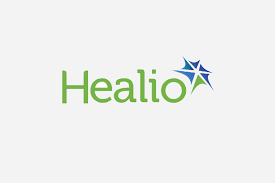

Maternal and cardiovascular outcomes among Indigenous women living in the United States
American Indian and Alaska Native people have experienced unethical research practices over generations, including forced sterilization and culturally insensitive studies.
That long history of research misuse in Native communities complicates data collection today, according to Dr. Jason Deen, associate director (Cardiology) and founding director of the UW Center for Indigenous Health.
Deen, who also serves as a co-principal investigator of the Strong Heart Study, the largest epidemiologic study of CVD and its risk factors among Native American people, is working to make change through research partnerships.
“Efforts like the Strong Heart Study were a model for community-based participatory research before that was a term,” Deen told Healio. “We conduct community-facing research and focus on community empowerment. Successful Native research projects have reciprocity to them. Not only do we learn from our participants, but we take those lessons and make sure the communities have those data so they can use them for initiatives.”
Deen said Strong Heart investigators partner with 12 tribal communities to identify health needs and priority areas of importance to the communities, and then work to develop approaches to address those identified needs. The goals, Deen said, include promoting CV health and risk factor awareness; fostering partnerships with the community representatives, including tribal leaders; and offering training opportunities for researchers and health professionals in the tribal communities.
“Data collection is difficult, and to be successful, you have to focus on community empowerment and relationship building before you collect any data or samples,” Deen told Healio. “That does not follow an NIH timeline for research projects. It is what we at the Center for Indigenous Health talk about — that there are extra complexities, necessary complexities that must happen for these communities to feel empowered to participate in research.
“We have been ringing the bell at Strong Heart that Native women entering pregnancy with abnormal CV health raises the CV risk for their offspring,” Deen said. “That is a powerful statement. We can leverage this time to improve their health and improve their offspring’s health.”